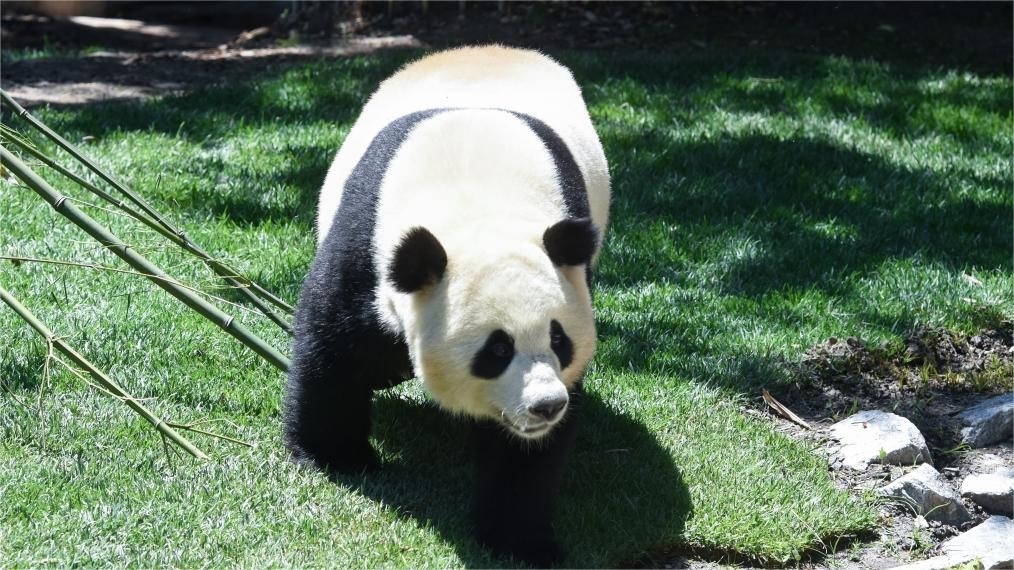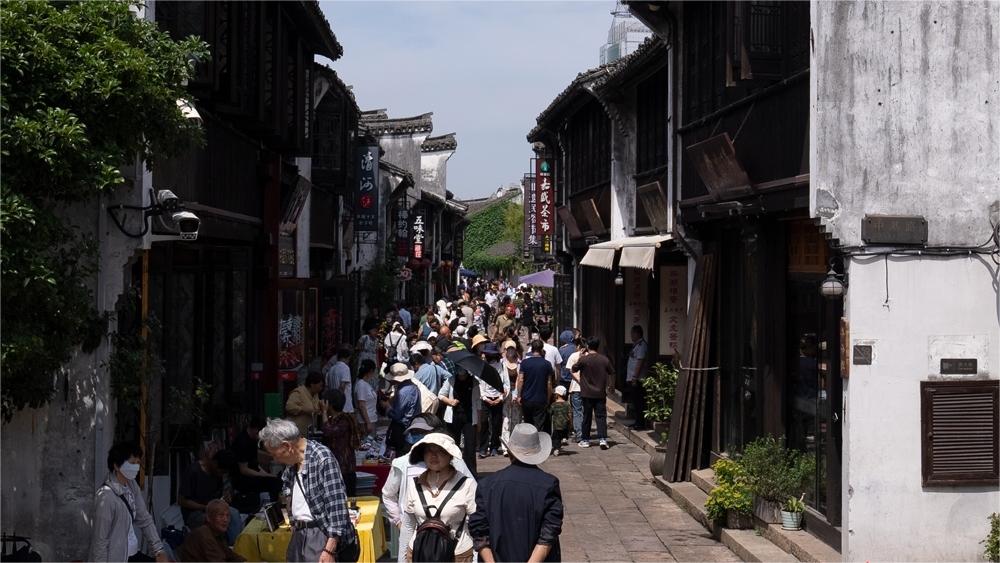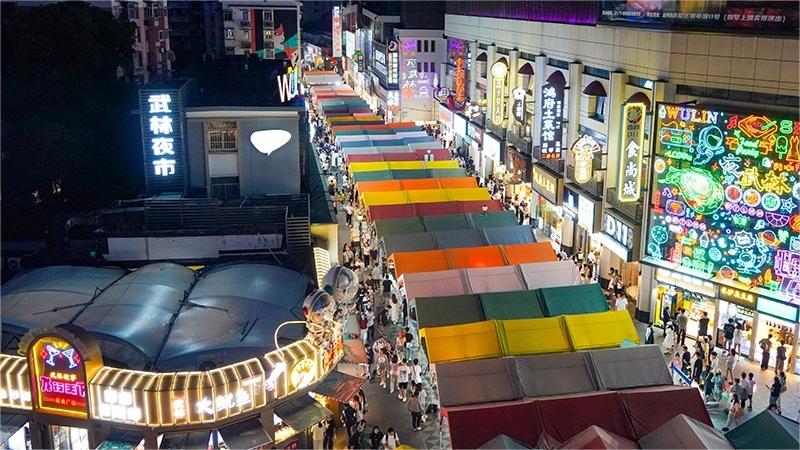Commentary: "Forced labor" or veiled protectionism?
BEIJING, May 31 (Xinhua) -- As Washington politicians fervently chant "America first" to woo voters, the United States, a self-proclaimed "defender of human rights," is increasingly showing its true nature as an obstinate defender of its protectionist trade agenda.
In the most recent display of this nature, the Biden administration has banned imports from another 26 Chinese companies over the so-called concerns of "forced labor" in northwest China's Xinjiang Uygur Autonomous Region.
Such unfounded accusations are little more than a pretext for Washington's unmentionable true intentions. Still, the U.S. Department of Homeland Security did give a clue when announcing the ban, stating that the move advanced a "textile enforcement plan," which it had earlier said aims to "level the playing field for the American textile industry."
The newly-targeted companies include cotton traders and warehouse facilities, the majority of which operate outside of Xinjiang. All imports of cotton from Xinjiang and its downstream products had already been blocked since January 2021.
The Biden administration is not so vocal, however, about the fact that as the world's largest cotton exporter, the United States stands to benefit most from the ban on Xinjiang cotton, which accounts for a fifth of the global output and over 90 percent of China's production.
According to industry insiders, what really unsettles Washington is China's growing influence in the global cotton industrial chain. Cotton output in Xinjiang surged 40 percent between 2014 and 2020, official data show, rattling the nerves of the United States, which is eager to maintain its dominance in the international cotton market.
Though China is still a net importer of cotton, with most imports coming from the United States, the possibility of reducing its reliance on foreign cotton is increasing, as the wider use of machinery and smart technology lowers the cost of Xinjiang cotton while also improving its quality. China is already the world's top producer of textiles and apparel.
Ebrahim Hashem, a former adviser to the chairman of the Abu Dhabi Executive Office who paid a three-week visit to Xinjiang last year, told news website Guancha.cn that the sanctions on Xinjiang cotton have nothing to do with the purported "forced labor" issue, but are aimed at Xinjiang's cotton industrial chain, including the downstream textiles and apparel sector.
It's not just cotton and textiles that have fallen prey to U.S. sanctions. Since the so-called "Uyghur Forced Labor Prevention Act (UFLPA)" was signed into law in December 2021, 65 Chinese companies have been listed for sanctions, spanning from textiles and apparel to agriculture, polysilicon, plastics, chemicals, batteries, household appliances, electronics and food additives.
China is a major world supplier in many of these industrial sectors. In addition to cotton, Xinjiang has substantial footholds in the global output of polysilicon, tomato paste and wind turbines.
Attempts to disrupt Xinjiang's unique role in these industrial chains are consistent with some U.S. politicians' selfish practices of "going low" in global industrial competition in the name of "going high."
By forcing businesses to abandon or displace Xinjiang products, the United States is severely distorting normal international trade ties, and causing disarray in the global supply chains.
Under the full letter of the UFLPA, roughly a million companies globally would be subject to the enforcement action out of about 10 million businesses worldwide that are buying, selling or manufacturing physical things, according to a New York Times report in 2022 that cited industry calculations.
Like "the sword of Damocles" hanging over the heads of businesses, the UFLPA has drastically increased compliance costs.
Goods worth hundreds of millions of dollars have been denied by the U.S. customs and border authority. Earlier this year, thousands of foreign-branded vehicles were reportedly held up at ports and had to have some parts replaced before being allowed to complete delivery.
The headaches and losses borne by businesses have been ignored by the Biden administration, which is sparing no effort to court American votes in this election year, even at the cost of the global economy.
A closer look at Xinjiang's pillar industries easily calls into question the "forced labor" narrative. Most cotton in Xinjiang is harvested by machines. Many polysilicon plants in the region are highly automated and digitalized, which is typical for a technology- and capital-intensive industry. There is simply not that much need for labor, let alone "forced labor."
In contrast, many domestic industries the U.S. government seeks to insulate from foreign rivals are making slow progress in transformation and upgrading. Businesses have been left to sink or swim amid fierce competition, sowing ever-growing discontent among voters.
The prosperity of industries relies on anything but protectionism. A case in point is that U.S. protectionist measures in the steel industry over the past decade have failed to halt the loss of jobs. U.S. Steel, an iconic company formed more than a century ago, agreed last December to be bought by a Japanese steelmaker.
By wielding the stick of "forced labor," the Biden administration is misdirecting Americans at the expense of their own welfare. Impeded trade will only further stoke inflation, which remains one of the biggest financial challenges for 80 percent of U.S. voters, according to a recent poll by the Financial Times.
What's worse, the U.S. economy risks missing the opportunities to learn and evolve through global competition. It might be safe to stay on an isolated island, but as time goes by, one may lose the ability to sail.
Photos
Related Stories
- Centennial journey: National brands at World Expos
- Xinjiang achieves notable human rights development: experts
- Hit TV series puts Xinjiang's millennia-old nomadic culture under spotlight
- Commentary: "Forced labor" smear killing jobs, ruining lives of Xinjiang ethnic minorities
- Xinjiang art show captivates audience in Kuwait
Copyright © 2024 People's Daily Online. All Rights Reserved.









